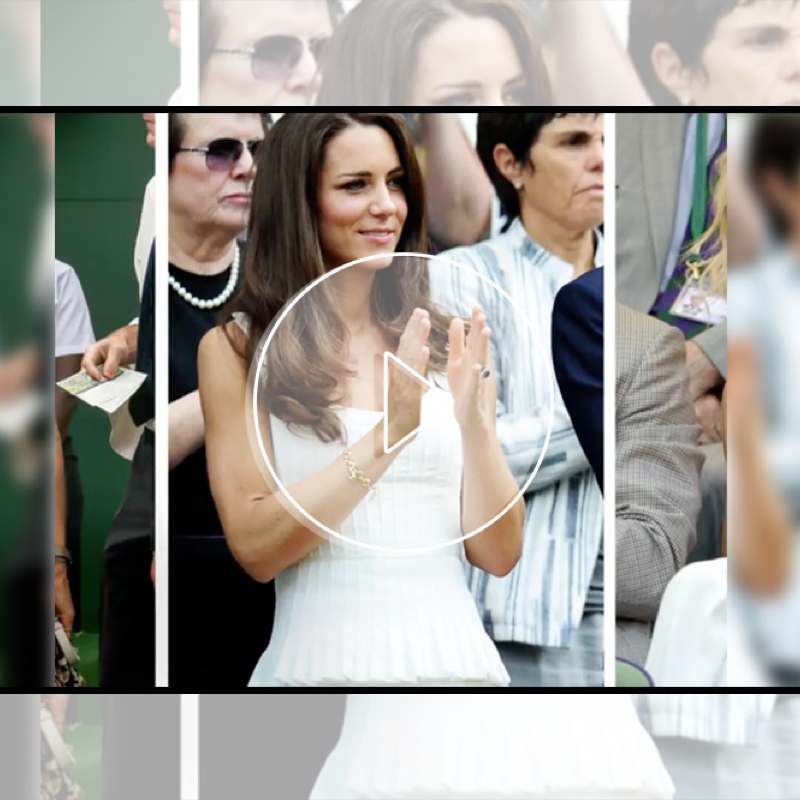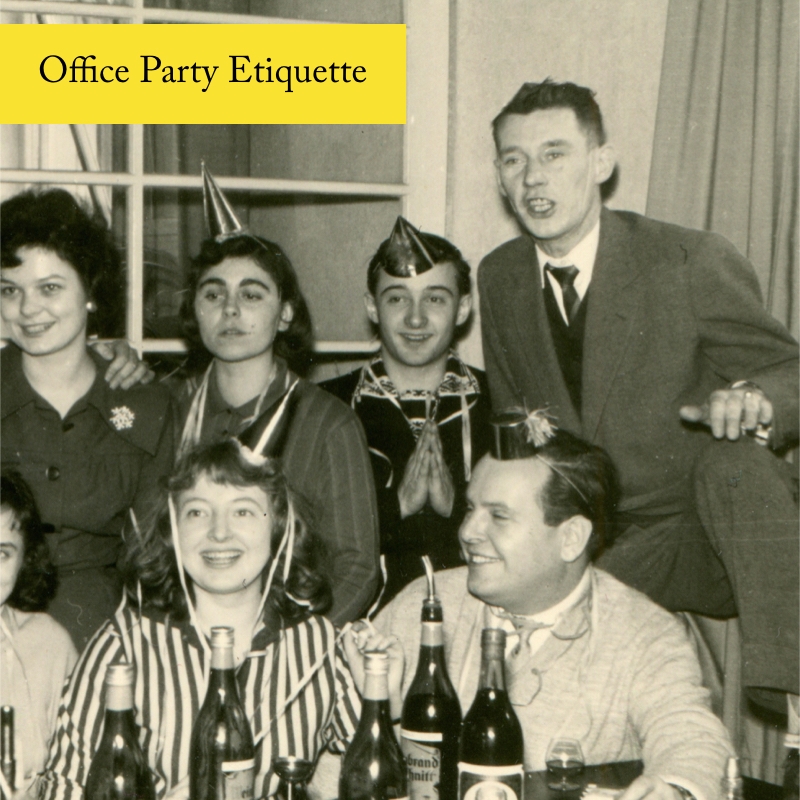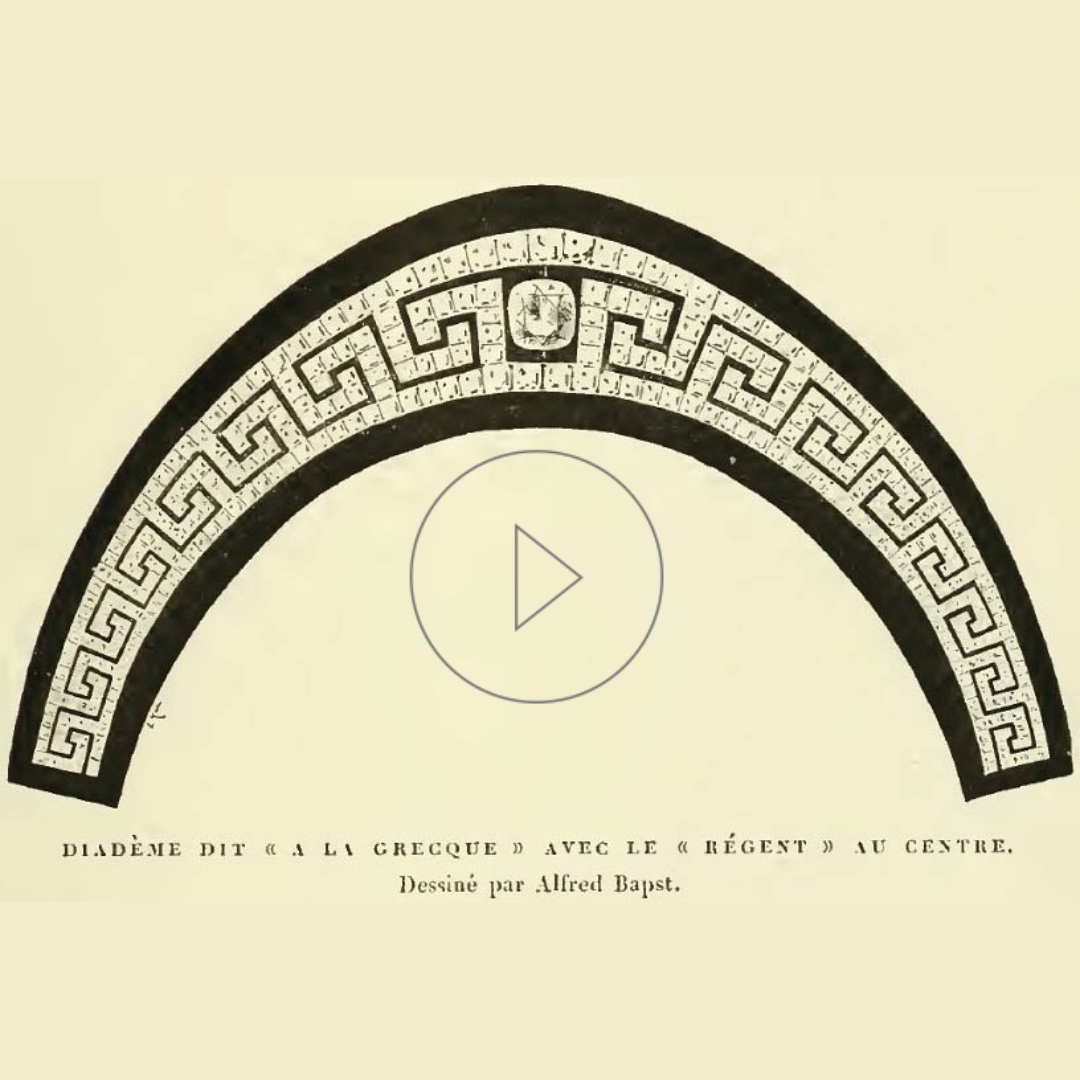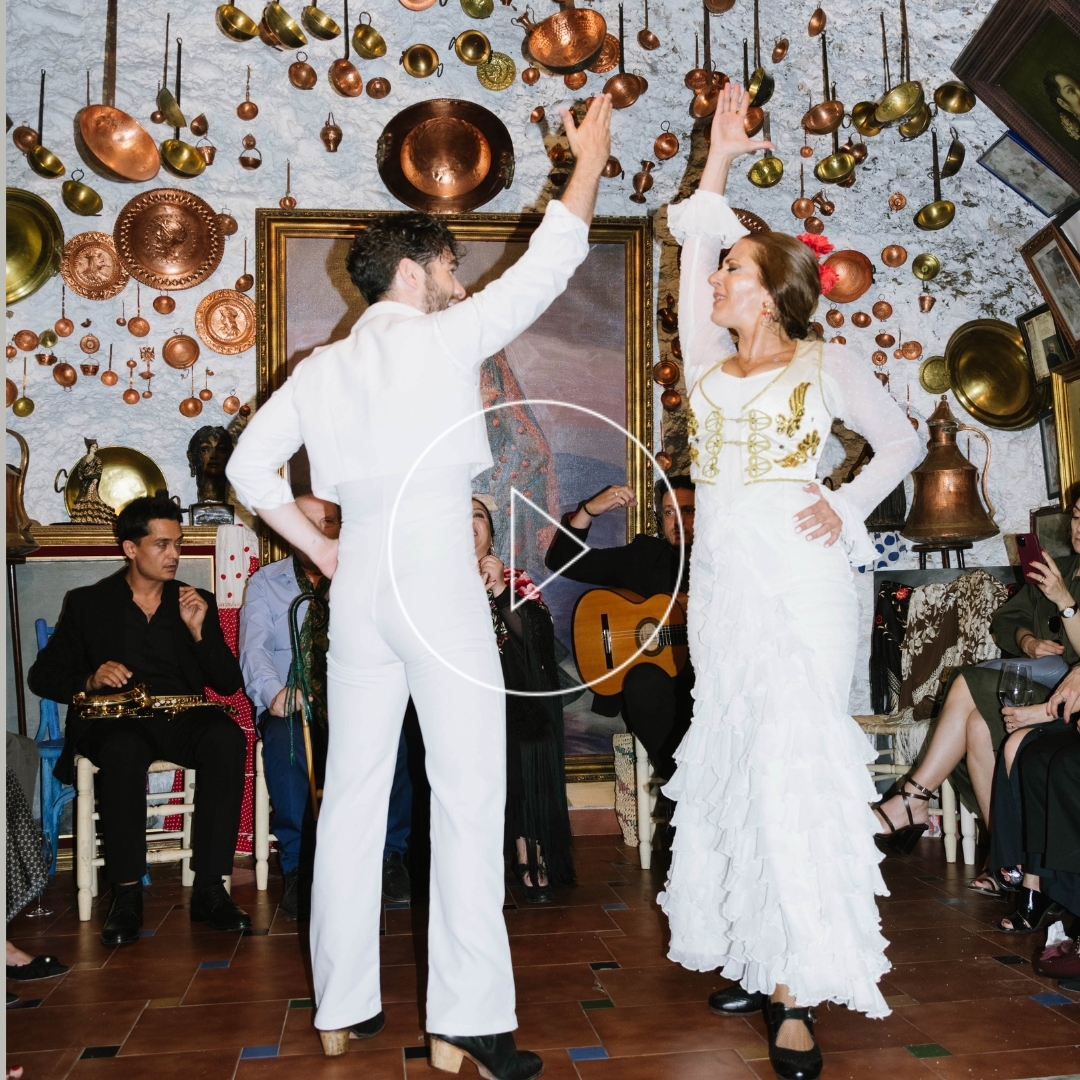Rosalía’s LUX: The Album That Turned Pop Into a Pilgrimage

Rosalía’s Lux Album Message: Why This Era Is Different
A few weeks have passed since Rosalía released LUX, and the initial hype has settled into something far more interesting: a cultural moment. If her previous eras were about sound, performance and aesthetic revolution, LUX is about revelation.
Not a religious sermon, but an invitation. A search. A new grammar for the soul.
Rosalía is not presenting herself as a saint, a preacher or an expert. She is simply a woman who, after crossing every possible threshold of fame and artistic achievement, recognises that something is calling her. Something deeper than applause, louder than charts.
And that is what makes LUX so powerful: the honesty of someone who could have everything… and still wants to understand God.
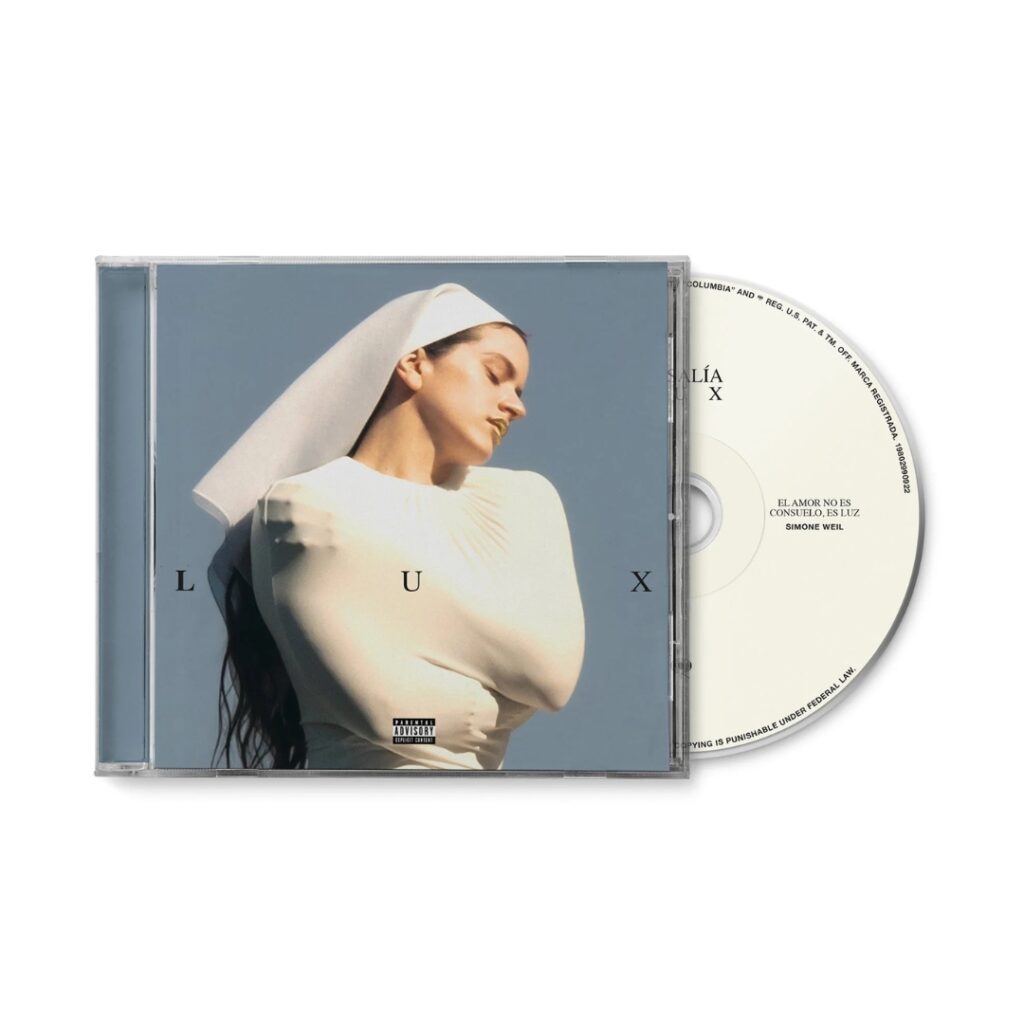
LUX’s Physical Edition With 18 Tracks
The Spiritual Concept Behind Lux: 18 Songs, 13 Languages, One Calling
LUX is an album built like a devotional mosaic.
Each track explores a different spiritual or mystical tradition, and together they form a global pilgrimage narrated through music. The digital version contains fifteen songs while its physical editions contain eighteen tracks.
13 Languages to Speak to the Infinite
Besides her mother language, Spanish, Rosalía sings in:
- German
- Arabic
- Catalan
- English
- Portuguese
- Latin
- Italian
- French
- Japanese
- Mandarin
- Ukrainian
- Hebrew
- Sicilian
She didn’t choose the languages for exoticism or aesthetic effect. Each corresponds to the geographic and cultural origin of a woman saint, mystic, or spiritual figure who inspired the album.
A Feminine Map of Holiness: Saints and Mystics Who Inspired the Album
The references include women from radically different eras and worlds:
Saint Teresa of Ávila (in Divinise and Sauvignon Blanc), Hildegard von Bingen and Vimala (Berghain), Saint Rose of Lima (Reliquia), Ryonen Genso (Porcelena), Sun Bu’er and Miriam (Novia Robot), Saint Clare of Assisi (Mi Cristo Piange Diamanti), Saint Olga of Kiev (De Madrugá), Saint Joan D’arc (Jeanne), St Rosalia of Palermo (Focu’ranni), Rabia Basir (La Yugular), among others.
The message is simple yet rebellious in its gentleness:
Women have been spiritual leaders across all cultures, long before we called them that.
Rosalía gathers them like a choir and sings across centuries and continents.

Scene of Berghain video on @Youtube
Rosalía and the Search for God in Modern Pop Culture
Rosalía has been careful to say she is not a deeply religious woman nor a member of any institution.
However, she has repeatedly and publicly admitted that she feels called to form a relationship with God.
Not out of fear.
Not out of tradition.
But out of longing.
She said recently in an interview:
“I wasn’t looking for God. I just… felt seen. And I wanted to understand that feeling.”
This is not dogma. It’s intimacy. It’s modern spirituality: stripped down, honest, searching, imperfect.
And that is the key to the album’s impact.
Why LUX Speaks to Generations Looking for Silence and Depth

ROSALÍA, Courtesy of Columbia Records
Among Young People
LUX hit a nerve with Gen Z and young Millennials for one clear reason:
It gives language, musical and emotional, to a crisis they already feel.
This generation:
- is exhausted by noise
- mistrusts institutions
- is allergic to hypocrisy
- lives permanently overstimulated
- and yet, desperately wants silence, meaning and direction
Rosalía offers a vocabulary for the longing they couldn’t articulate.
A way to explore spirituality without feeling naive, old-fashioned, or apologetic.
She gives permission to say: “I want something higher. I want to know God.”
And in an era obsessed with irony, that sincerity feels radical.
Among Older Listeners
Older audiences see in this album something familiar:
a return to the metaphysical questions that previous generations treated with more seriousness.
After decades of hyper-modern cynicism, LUX feels like a soft reset, a reminder that spiritual hunger is universal, not generational.
Among Religious Listeners
Traditional believers, whether Christian, Jewish, Muslim, Buddhist or otherwise, recognise in LUX something refreshing: a global, respectful, cross-cultural approach to the divine.
Rosalía neither appropriates nor caricatures. She listens. She translates. She honours.
She treats religion not as a costume, but as a sanctuary.
The Rise of Spiritual Pop: Rosalía’s Cultural Impact
The most striking part of this album is not the languages or the orchestration, it’s the mood.
LUX is slow, contemplative, and atmospheric.
It invites silence.
It demands listening.
And silence is what this generation craves most.
Rosalía’s message is not:
“Be holy.”
It’s:
“Be human.”
“Sit with yourself.”
“Listen for something greater.”
LUX is not a comeback story. It’s a confession. A cultural offering. A gesture of humility from one of the world’s most celebrated artists. And as it turns out, humility is exactly what the world was waiting for.
Feature Image @Spotify
SHARE



